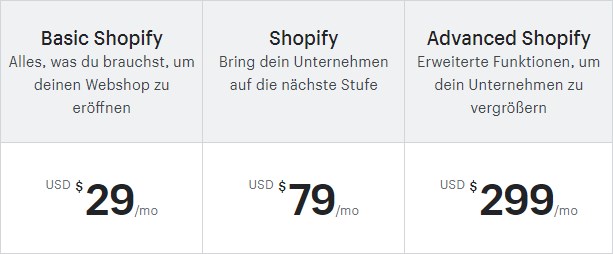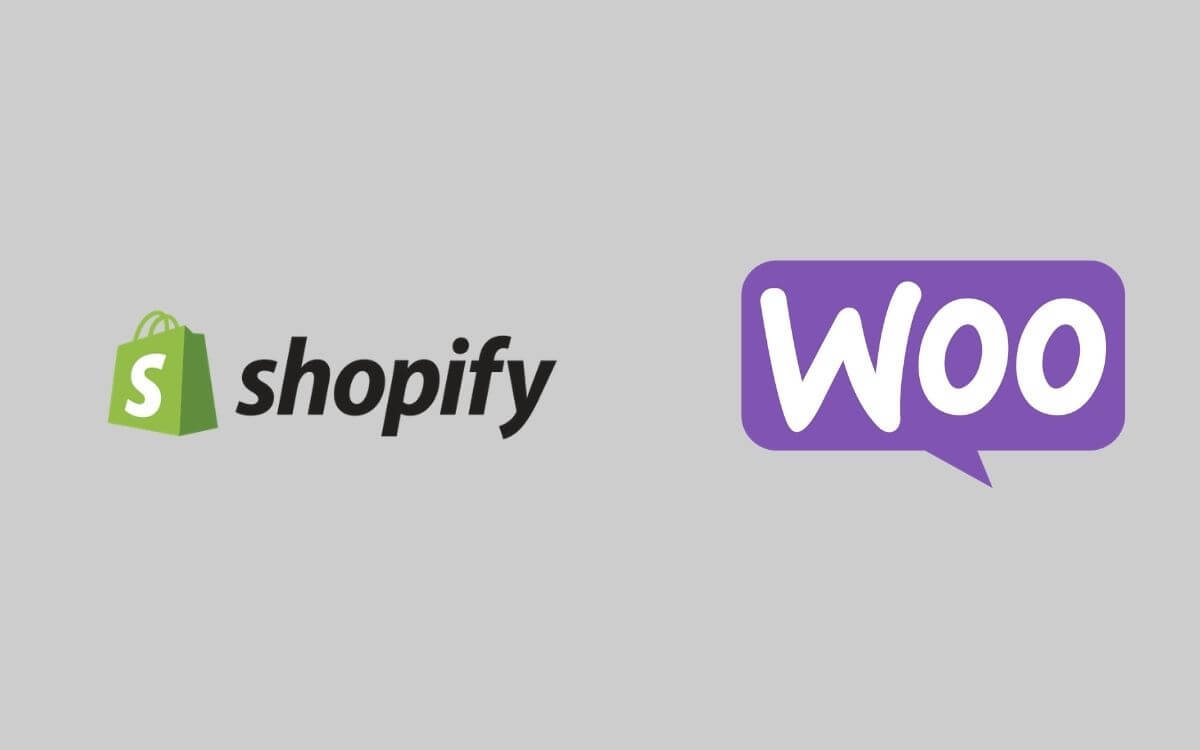Before creating an online store, many wonder if they should use Shopify or WooCommerce. What are the advantages of the two applications, and when should I use which one? That’s exactly what we’ll look at in this article.
What is Shopify?
Shopify is an all-in-one e-commerce platform that lets you easily create an online store, accept payments and manage your inventory on a single platform without ever having to worry about the technical aspects of managing a website like web hosting. It includes security, caching, etc.
Shopify is probably the best WooCommerce alternative that you can find.
What is WooCommerce?
WooCommerce is an open source e-commerce plugin for WordPress. You can use the most powerful content management system (CMS) and run an online store with it. Due to its open-source nature, you can customize every aspect of your store and easily create custom extensions.
The decision to choose between the two platforms depends entirely on your needs and skill level.
Ease of use
Here, the wide opinion is that Shopify is easier to use.
However, WordPress offers you countless themes that you can purchase to easily style all your WooCommerce pages with drag-and-drop ease.
A theme that allows you to do this is Divi, for example.
Extensions / Plugins
No matter how robust an e-commerce platform is, you will always need third-party tools and services to enhance your store. For example, email marketing software, lead generation tool, analytics tools, outreach services, etc.
Both Shopify and WooCommerce have an extensive directory of extensions and integrate with many third-party services.
Shopify add-ons and integrations
Shopify has a powerful API and an app store where you buy third-party add-ons for your Shopify store. There are hundreds of apps in the store that cover every feature you want to add to your store.
For lead generation, they have integrations with software like Omnisend that helps you grow your email list and reduce cart abandonment. There are apps for SEO, product reviews, discounts, countdowns and more.
Shopify’s app store contains both free and paid apps. Free apps are usually created by third-party developers who have their own pricing, and the app only integrates your store with their APIs. Pricing for paid add-ons varies, and most apps offer monthly subscriptions.
WooCommerce Extensions
WooCommerce is open source and built on WordPress. This gives you access to more than 55,000 free WordPress plugins and many more paid plugins.
With these add-ons, you can add payment gateways, lead generation, SEO, performance optimization, and almost any feature you can think of.
Because of the low barrier to entry, there are many more integrations and add-ons for WooCommerce than for Shopify. Almost all third-party tools and service providers have their own plugins that integrate seamlessly with your WooCommerce store.
You can also hire a developer to create an integration or plugin just for your own website. However, it’s important to keep in mind that WooCommerce is much easier to customize. Having personally gone through the process of submitting a plugin for WordPress and submitting an app for the Shopify store, we can say that the process is extremely more difficult with Shopify than with WooCommerce.
Pricing
Shopify costs
With Shopify, you can easily start your online store. The basic plan starts at $29 per month, and you can upgrade to the Shopify plan for $79 or to the Advanced Shopify plan for $299 per month.

But for the Basic plan, you only pay $1 per month for the first 3 months. You can find the offer here: Shopify Deal
Each of these plans includes domain names, SSL certificate and web hosting.
The basic plan includes enough features to set up a new online store. You can add unlimited products, 2 user accounts, unlimited file storage and more.
However, this price does not include third-party tools and add-ons that you need to take your Shopify store to the next level.
As your business grows, these costs add up, and you’ll soon be paying much more than the base plan.
Payments are another factor that affects your costs. Shopify offers its own Shopify Payments solution, which costs 2.9 % + 30 cents per transaction.
If you want to use third-party payment gateways or your own merchant account, you will be charged a flat fee of 2.0 % for all transactions. You can reduce this fee to 0.5% by using the Shopify Advanced plan, which costs $299 per month.
WooCommerce costs
WooCommerce is an e-commerce plugin for WordPress.org (also known as self-hosted WordPress). It is open source and freely available as a WordPress plugin.
However, you will need a domain name, an SSL certificate and a WordPress hosting account to launch a WooCommerce store.
One of my choices is SiteGround. You can find my SiteGround review here.
Summary
Shopify and WooCommerce are both powerful platforms to launch your eCommerce store. It really comes down to your personal skills and preferences.
Shopify is much easier to use. It requires no installation, and you can get started quickly. Setting up payments is easier and the pricing plans are easy to understand.
The downside of Shopify is that you don’t have full control over everything. Your costs can skyrocket due to transaction fees, add-ons, and integrations. Your upgrade options are limited to select plans, and you can’t manage costs on a pay-as-you-grow basis.
WooCommerce is open source and gives you full control over your website. Especially with these WooCommerce hosting providers, it is much cheaper to start an online store with WooCommerce.
The downside is that you have to worry about maintaining the software. It comes with a bit of a learning curve. However, millions of beginners are already using it and they get over the learning phase quite quickly.
If you are looking for a cost-effective solution and want to have full control over your online store, WooCommerce is the best platform for you.
If you want something that is completely hassle-free and infinitely scalable, Shopify is the better platform for you.



